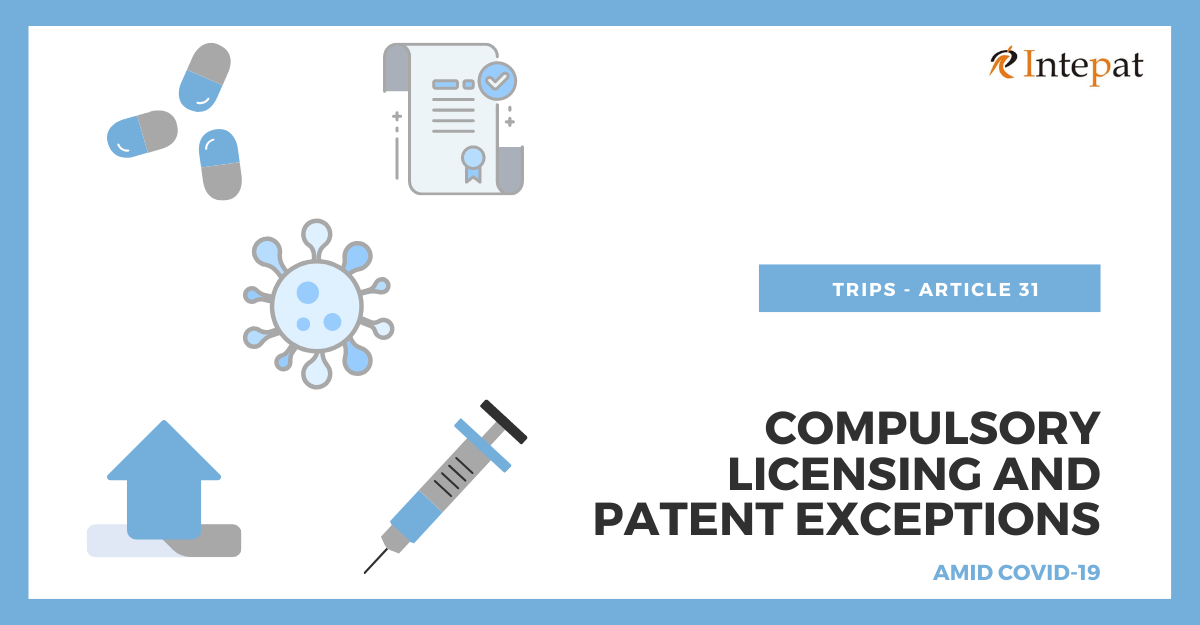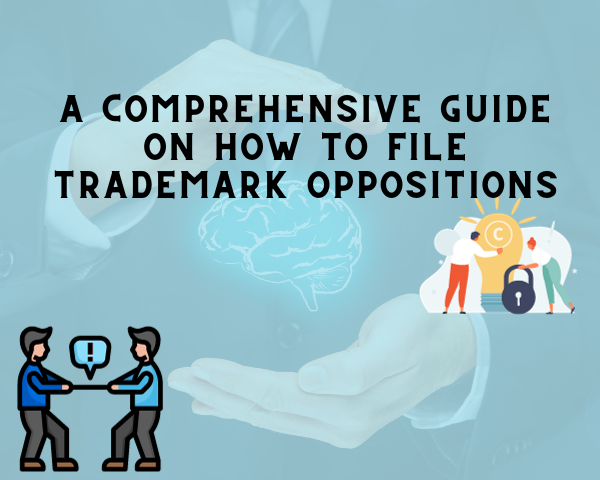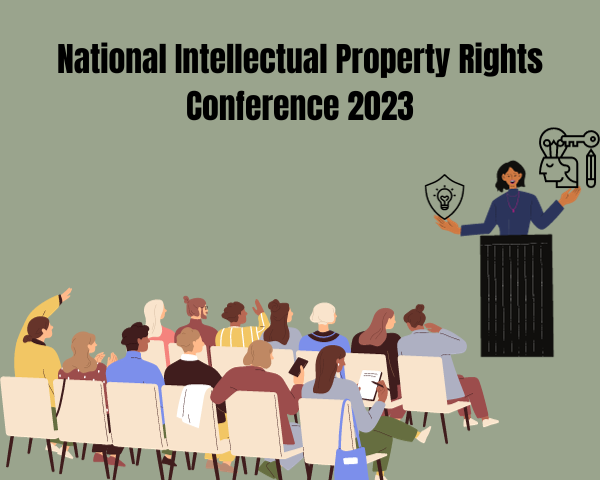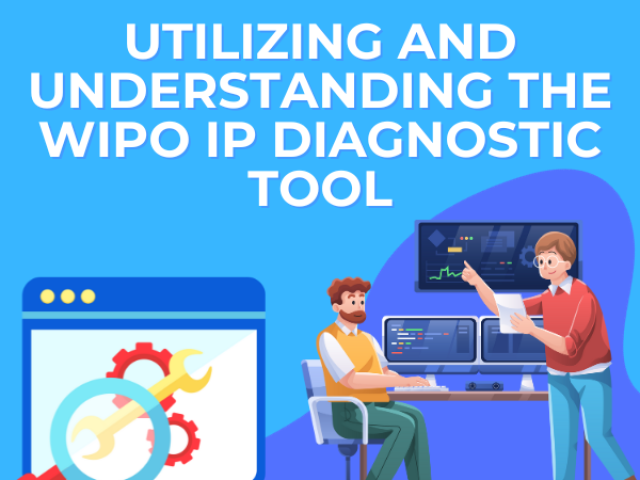A patent is a right that excludes everyone except the owner from using and commercially exploiting his/ her invention. Without the authorization of the owner, no one can use the invention. In other words, it gives the owner exclusivity over his/ her invention. A patent is usually granted for a period of 20 years; this means that for 20 years, the invention is the sole property of the owner. This acts as an incentive for invention.
However, in times of a crisis, this could be limiting insofar as access is concerned. Let’s take a look at the current COVID-19 situation. The virus pandemic has wreaked havoc in everyday life of people. It has forced the world to stop in its tracks. Until a vaccine is invented, this social distancing and maintaining hygiene will be the new normal. However, does a vaccine invention in itself means that the virus can be eradicated? Not really.
Inventing the vaccine is only half the battle won. The other half of the battle is making sure that the vaccine is accessible, even to the poorest population in the world. With all big pharmaceutical companies vying to invent a vaccine for COVID-19, it only follows that the companies will want to patent the vaccine. If patented, the production of the vaccine will be limited. This presents a dangerous situation. So, what is the way out?
Thankfully, there is the option of compulsory licensing and patent exceptions, and many countries have even invoked the compulsory licensing provisions in order to deal with the situation once the vaccine is invented.
What is Compulsory Licensing?
Compulsory licensing is when a sovereign authority gives a third-party the authority to make, use, or sell a particular product or use a specific process that has been patented, without the permission of the patent owner. Compulsory licensing finds recognition on the national as well as international level. It renders some flexibility in the field of patent protection. A study by WIPO found that 156 countries in the world have provisions for compulsory licensing.
TRIPS and Compulsory Licensing
On the international level, compulsory licensing finds recognition in Article 31 of the TRIPS Agreement (The Agreement on Trade Related Aspects of Intellectual Property Rights).
Article 31 envisages a few requirements that have to be met for a compulsory license to be granted. First, the authorization for the compulsory license will be considered on a case-to-case basis. Second, a reasonable effort must be first made to get a license from the owner of the invention, failing which one can apply for a compulsory license. This requirement can be waived during the times of a national emergency or matters of extreme urgency or in the case of public non-use.
Further, the 2001 Declaration on TRIPS Agreement and Public Health clarified that each member state has the right to determine what constitutes a national emergency. So, in case a vaccine is invented for COVID-19, the emergency provision can be invoked under Article 31 of the TRIPS Agreement.
National Efforts
Even on the national level, a lot of countries are already passing special legislation that enables dealing with the situation once the vaccine is invented.
Germany- section 13 of the German Patent Act (GPA) states that administrative orders can be issued by the Federal Government against patentees to enable the Government or any other person to use the patent for reasons of public welfare. Also, the recently introduced Protection Against Infection Act empowers the Federal Health Minister to issue such administrative orders with regard to pharmaceuticals and medical devices. On March 28, 2020, the Legislature also passed the Epidemic Protection Act. The Act not only complements section 13 of the GPA but also helps circumvent patent law and ensure that medicine and vaccines are available locally.
United Kingdom- Sec. 55 of the U.K. Patents Act 1977 entitles the Government to sell, or offer to sell, a patented product like specific drugs, medicines, or medical devices, without the consent of the patentee, in order to deal with emergencies. The Government, however, will have to pay compensation to the patent holder.
United States- The United States does not have any legislation with respect to compulsory licensing. However, 28 U.S. Code sec. 1498 (a) enables the Government to make or use any invention without the patentee’s permission.
Also, the Bayh-Dole Act created march-in-rights which allow the Government to require the owner or exclusive licensee of a patent created with federal funding to grant a license to a third party when “health or safety needs” are not being “reasonably satisfied” by the patent holder.
Italy- Under article 2045 of the Italian Civil Code, no one has deemed a patent infringer if he/ she has been compelled to infringe the patent in order to save himself/ herself or others from a present danger of serious personal injury, and the threat was neither voluntarily caused by it nor otherwise avoidable.
Given the grave danger posed by COVID-19, it is easily covered under this article. Recently, an Italian hospital asked a local producer to make valves with 3D printers without the permission of the patent holder in order to overcome the shortage of respiratory equipment. Though the patent owner has not sued for infringement, it is unlikely the case will stand.
Israel- Israel has already issued a compulsory license for Lopinavir and Ritonavir (thought to be useful in treating COVID-19). This license allows the importation of medicine from a generic company.
India- the Patent Act, 1970 in India envisages compulsory license in sections 84-92. Section 92 empowers the Central Government to grant a compulsory license in case of a national emergency or public urgency.
India’s first compulsory license was granted by the Patent Office on March 9, 2012, to Natco Pharma for the generic production of Bayer Corporation’s Nexavar, a medicine used for treating Liver and Kidney Cancer. Bayers sold this drug at around Rs 2.8 Lakh for a month’s dosage. Natco Pharma offered to sell it around for Rs 9000.
As you can see, a lot of countries already have compulsory licensing mechanisms in place in order to deal with the situation after the invention of the vaccine for COVID-19. In fact, given raising public awareness and increased scrutiny, a lot of companies will willingly waive their patent rights. As such, access to the vaccine should not be a problem. The only problem could be with respect to manufacturing enough vaccines for the entire population.




